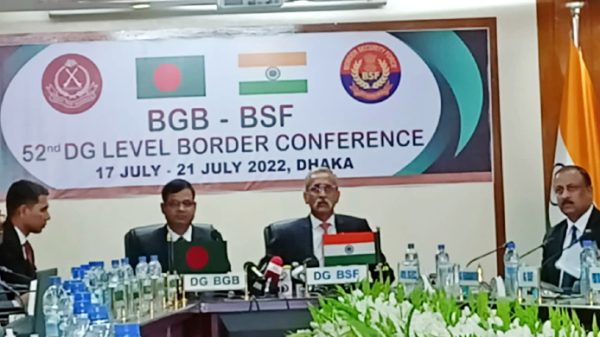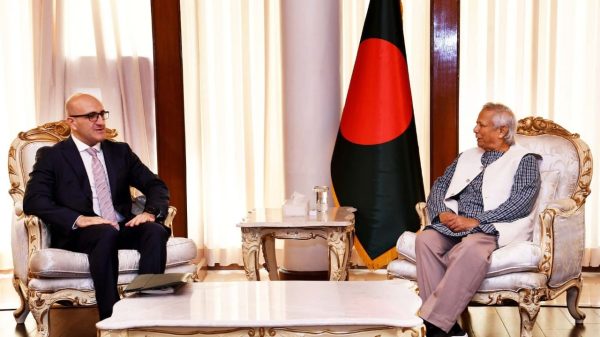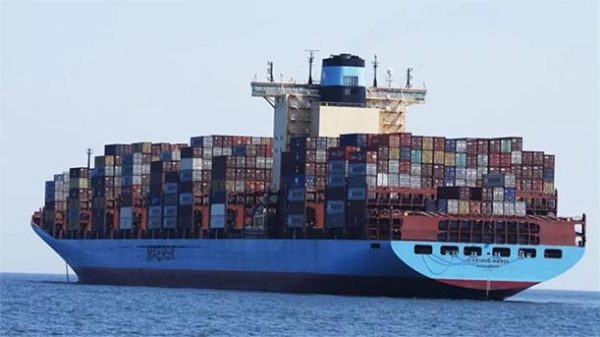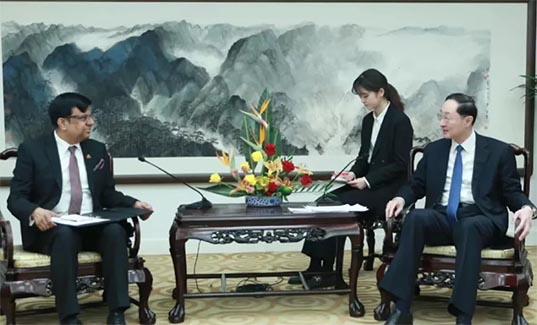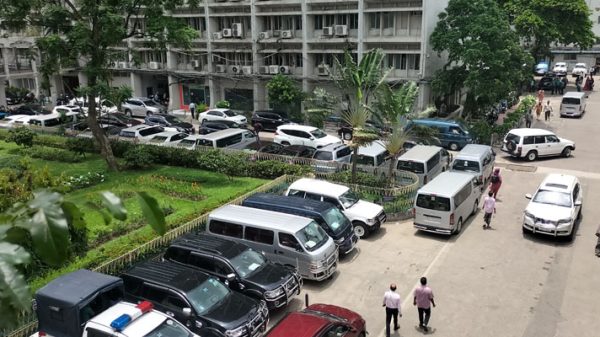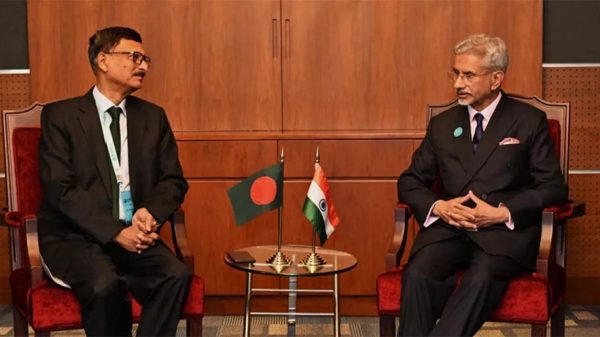Proposed CVD on jute goods: Dhaka, Delhi sit in consultation Oct 30

- Update Time : Sunday, 22 October, 2023, 01:51 pm
- 105 Time View
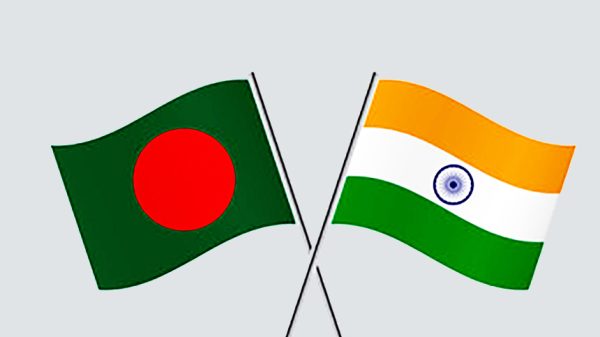
Online Desk: Dhaka and Delhi are set to sit in a consultation on October 30 for argument and counter-argument on the proposed Indian imposition of countervailing duty (CVD) on jute goods.
In the meeting, both parties will hammer home their own strong points regarding the CVD in the Indian capital.
Senior commerce secretary Tapan Kanti Ghosh is likely to lead the Bangladesh side.
Commerce ministry will sit with stakeholders on October 26 ahead of the October 30 negotiation.
Recently, India has started investigating the import of Bangladeshi jute goods to impose such duty afresh.
Bangladeshi jute products are already facing an anti-dumping duty (ADD) in the Indian market.
As per a complaint petition by the Indian Jute Mills Association (IJMA), the Indian Directorate General of Trade Remedies (DGTR) is doing this enquiry.
The IJMA cited that the Bangladesh government was providing a large amount of subsidies for the import of capital machinery used by local jute industries.
It claims the subsidy facility has been affecting Indian jute industry and millers as jute sacks and other bags are made by subsidised jute mills in Bangladesh.
The subsidy programme enunciated in the petition by the IJMA is non-actionable in nature and no jute industries are located in SEZs and EZs, according to a commerce ministry document.
The ADD is still effective on Bangladeshi jute goods exported to India.
Section 9B (1) of the Indian Customs Tariff Act 1975 prohibits the imposition of ADD and CVD simultaneously in the same situation.
The law stipulates that, “Notwithstanding anything contained in section 9 or section 9A: (a) no article shall be subjected to both countervailing duty and anti-dumping duty to compensate for the same situation of dumping or export subsidisation.”
Therefore, the investigation of countervailing duty on jute products is not supported by the Indian law too, according to the document.
On August 04, the DGTR wrote to the commerce ministry of Bangladesh for a consultation on the issue.
Both sides were supposed to sit on August 24, but the ministry later sought two more months for the meeting with good faith to fix the trade dispute amicably.
The CVD is a specific duty on imported goods imposed to offset subsidies given by the exporting country.
However, since 05 January 2017, ADD is in force for five years on jute products from Bangladesh at rates ranging between $6.03 and $351.72 per tonne amid allegations of dumping goods like jute yarn, twine, jute sacking bags and hessian fabric.
The ADD continues through Sunset Review done in 2022.
The Indian plan to impose CVD has thus taken Bangladeshi jute goods exporters by surprise, necessitating a process of domestic consultation, according to the ministry.
It states that the consultation aims to engage with pertinent industries and stakeholders, gathering essential insights to facilitate a productive and harmonious resolution of the matter.
Senior official said Bangladesh side would place its logical arguments in the consultation so that India should not impose CVD as Bangladeshi jute goods have already been facing anti-dumping duty in the market.
He, however, said Bangladesh does not provide actionable subsidy to its jute products.
A senior official of the ministry said the government would place logical points, where the fresh imposition of CVD would be legally inconsistent.
Dhaka will also try to convince Delhi through diplomatic or political channels for not imposing CVD afresh, arguing that ADD has already affected Bangladesh’s export earnings from India, he added.
Export shipments of jute goods – hessian and jute sacks – are enjoying a 12-per cent cash incentive and jute fibre like yarn and twine a 7.0-per cent incentive.
The export of carbon and jute particle board produced from the natural fibre get a 20-per cent subsidy, according to a source.
ADD has been seriously hampering the export of Bangladeshi jute goods to India. If India imposes anew CVD on the goods, the sector will be on the line, argue businesses.
Apart from jute goods, India in April 2017 imposed ADD ranging between $27.81 and $91.47 per tonne on the export of hydrogen peroxide from Bangladesh.
In 2018, it also slapped a similar duty, amounting to $2.69 per kilogram, on the export of fishing net.




